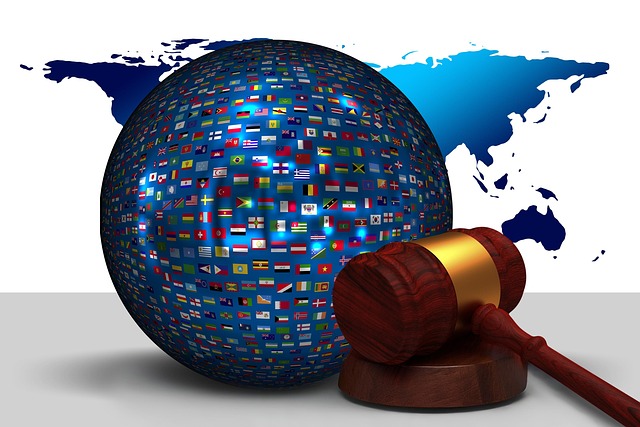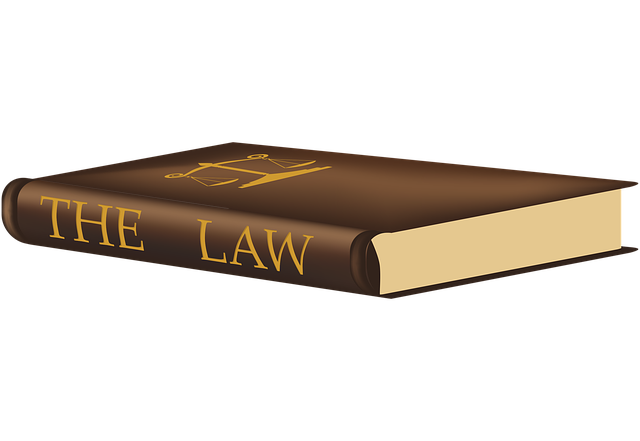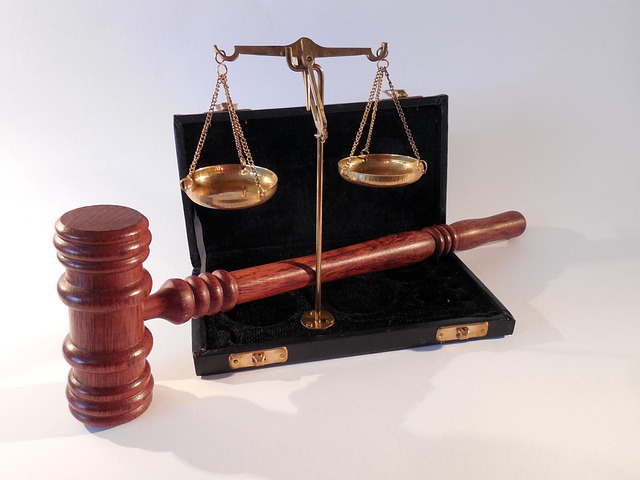C-Level investigations address serious corporate issues, especially defamation cases, where strategic defenses and meticulous evidence analysis are crucial for minimizing liabilities and protecting integrity. Proving Damages in Defamation Cases is a critical step, ensuring victims receive fair compensation for reputational harm and financial losses. Legal experts utilize advanced techniques like media and social media analysis to assess damages, often leading to favorable outcomes including monetary compensation or charge dismissals. Legal frameworks govern business conduct, holding corporations accountable; successful proving of damages requires concrete evidence in high-profile cases. High-stakes investigations demand strategic planning, cutting-edge technology, and professional teams to uncover evidence effectively while maintaining confidentiality.
In today’s digital age, C-level investigations are more crucial than ever. This comprehensive guide delves into the intricate process of uncovering truth through thorough examination. We explore key aspects like defamation cases and the significance of proving damages, emphasizing expertise in assessment. Understanding legal frameworks drives effective strategies for damage mitigation. Learn how to navigate these complex scenarios, ensuring robust defenses and proactive risk management. Discover actionable insights on proving damages in defamation cases, a vital component for any organization facing C-level investigations.
- Understanding C-Level Investigations: Uncovering the Process
- Defamation Cases: When and Why Prove Damages Matter
- The Role of Expertise in Damages Assessment
- Legal Frameworks and Their Impact on Damage Proving
- Strategies for Effective Investigation and Mitigating Risks
Understanding C-Level Investigations: Uncovering the Process

C-Level investigations are comprehensive probes into high-level corporate matters, often triggered by allegations of wrongdoing or legal disputes. These inquiries delve into complex issues, including potential violations of law, ethical breaches, and their impact on an organization’s reputation and financial health. In the context of defamation cases, understanding the process is pivotal for proving damages.
The investigation involves a meticulous examination of evidence, witness testimonies, and relevant documents to construct a robust defense strategy. Skilled legal teams employ white-collar defense tactics to challenge allegations, aiming for a complete dismissal of all charges. By navigating the intricacies of these cases, they can secure winning challenging defense verdicts, mitigating potential liabilities and safeguarding the organization’s interests.
Defamation Cases: When and Why Prove Damages Matter

In defamation cases, proving damages is a crucial step that determines the extent of compensation for individuals or entities harmed by false or malicious statements. This aspect is particularly vital as it ensures that victims receive fair and adequate restitution for the damage to their reputation, emotional distress, or financial losses incurred. When engaging in investigations at the C-level, understanding how to prove damages can significantly impact the outcome of such cases.
C-suite executives and businesses involved in white-collar defense often face defamation issues across the country, requiring a comprehensive approach to all stages of the investigative and enforcement process. Proving damages effectively demonstrates the real-world consequences of defamatory statements, serving as a powerful tool during legal proceedings. It allows for a more nuanced understanding of the harm caused, enabling courts to award appropriate remedies that can include monetary compensation, injunctions, or both.
The Role of Expertise in Damages Assessment

In C-Level investigations launched due to defamation allegations, expertise plays a pivotal role in damages assessment. The ability to prove damages is crucial for securing just compensation and often determines the outcome of these complex cases. Lawyers specializing in this area employ sophisticated methods to quantify economic losses and assess reputational harm, which can include analyzing media coverage, social media impact, and expert testimony from industry leaders. This meticulous approach ensures that any awarded damages reflect the true extent of the defamation’s effect on an individual or organization.
The expertise required to navigate these cases extends beyond legal knowledge. Understanding the dynamics of corporate culture, reputation management, and public relations is essential for building a winning challenging defense verdict. By integrating these insights, legal teams can effectively challenge claims, present compelling arguments, and achieve extraordinary results, even in the face of seemingly insurmountable evidence against their clients. Ultimately, this expertise contributes to securing complete dismissals of all charges, shielding individuals and companies from undue harm.
Legal Frameworks and Their Impact on Damage Proving

Legal frameworks play a pivotal role in shaping the landscape of investigations, particularly at the C-level, where proving damages in defamation cases can be complex. The intricate web of laws governing business conduct and communication ensures that corporations and their leaders are held accountable for their actions, including slanderous or false statements made in various contexts. These legal frameworks provide a structured approach to address white-collar and economic crimes, offering a robust mechanism for seeking justice and compensation.
When it comes to proving damages, the onus is often on the plaintiff to demonstrate the extent of harm caused by the defamatory statement. This involves presenting concrete evidence, such as financial losses or reputational damage, which can be challenging in cases involving high-profile individuals or businesses. The respective business’s legal team may employ strategic tactics to gather and present this evidence, aiming for a complete dismissal of all charges or a favorable outcome that reflects the true nature of the situation.
Strategies for Effective Investigation and Mitigating Risks

In the realm of C-Level investigations, particularly in high-stakes cases, a strategic and comprehensive approach is paramount to mitigate risks effectively. Companies with an unprecedented track record in handling such sensitive matters understand the importance of meticulous planning. This includes gathering robust evidence, employing advanced investigative techniques, and ensuring procedural integrity. For his clients, success often hinges on proving damages in defamation cases, necessitating a deep understanding of both legal frameworks and public perception.
By leveraging cutting-edge technology and a team of seasoned professionals, investigations can uncover subtle clues that might otherwise go unnoticed. This meticulous process not only strengthens the case but also safeguards against potential pitfalls. Moreover, maintaining strict confidentiality is crucial to preserving the integrity of the investigation and protecting sensitive information, especially in complex corporate settings.
C-level investigations, focusing on proving damages in defamation cases, require a multifaceted approach. By understanding the process, recognizing when and why defamation occurs, leveraging expertise in damage assessment, and navigating legal frameworks, organizations can effectively mitigate risks. Implementing robust strategies for investigation ensures not only accuracy but also protects the interests of all parties involved, ultimately fostering transparency and accountability in the digital age. This comprehensive guide highlights the importance of thorough damage proofing, serving as a crucial tool for businesses navigating complex legal landscapes.






